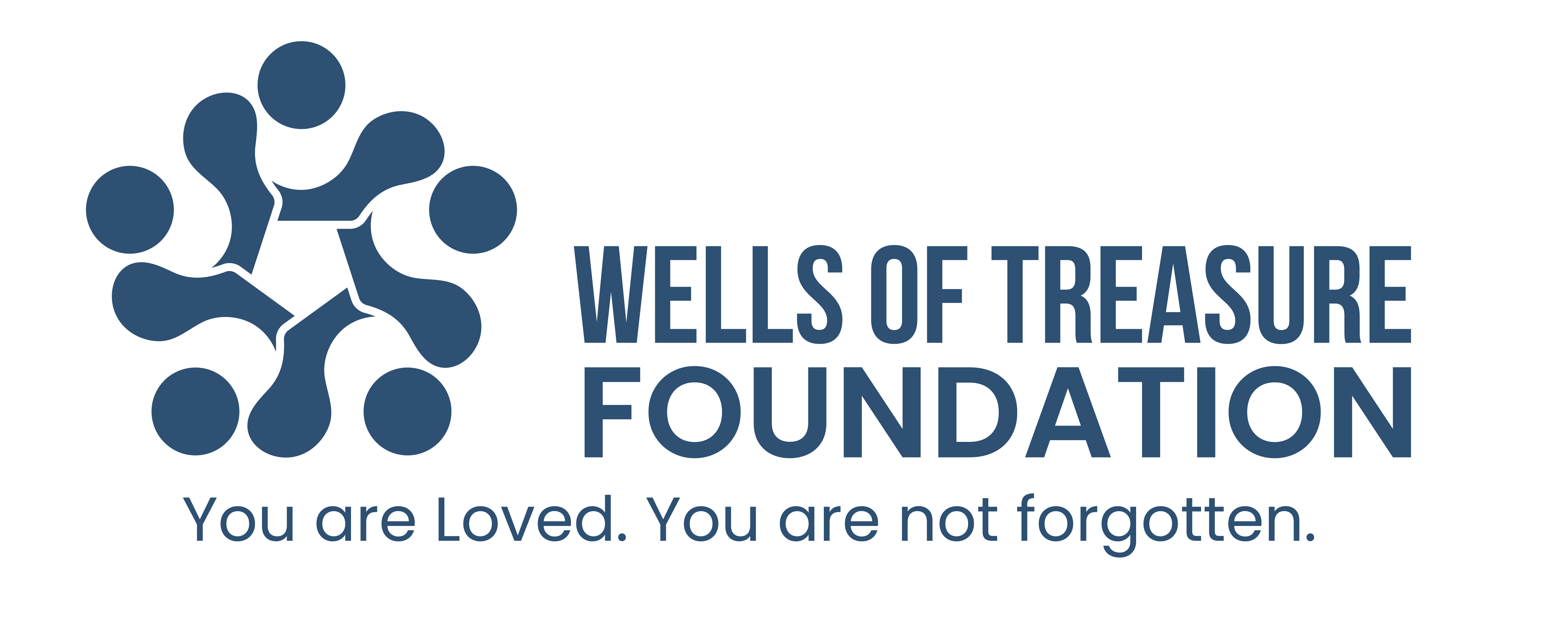In a world where dependency on external factors often dictates our stability and peace of mind, the ability to build self-sufficiency is crucial. Achieving a sense of self-sufficiency not only provides personal freedom but also protects your mental health and safeguards your sense of worth. Becoming self-reliant allows you to navigate life’s uncertainties with confidence, make decisions that align with your values, and maintain healthy boundaries in relationships.
Self-sufficiency is about more than just financial independence—though that is a key component. It’s about developing a mindset and skill set that allow you to live without being overly reliant on external sources for your well-being. When you’re self-sufficient, you’re less likely to feel pressured to compromise your values or tolerate situations that are damaging to your emotional health or safety.
Reliance on others for material needs or validation can sometimes lead to vulnerability, where your well-being depends on another person’s actions or decisions. In contrast, self-sufficiency empowers you to set boundaries, to say “no” when necessary, and cultivate a life that reflects your own aspirations and beliefs, rather than one shaped by the expectations or whims of others.
One of the most insidious effects of dependency is the gradual erosion of self-worth. If you are reliant on someone else for financial security, emotional validation, or even social status, you may find yourself tolerating behavior or situations that undermine your sense of self. This is particularly true in unhealthy relationships, whether romantic, professional, or familial, where dependency can lead to coercion, manipulation, or exploitation.
By building self-sufficiency, you give yourself the option to walk away from situations that don’t honor your value. Whether it’s leaving a toxic job, ending an unhealthy relationship, or simply asserting your boundaries, having the ability to support yourself financially, emotionally, and mentally ensures you won’t have to choose between your survival and your self-respect.
In some cases, dependency can lead to physical danger. Financial or emotional reliance on someone who is abusive can trap individuals in harmful environments. When you are unable to leave a situation because of the fear of losing financial support or social stability, your safety is jeopardized.
Developing financial independence and a strong support network can serve as a lifeline in these situations. It equips you with the resources to exit unsafe environments and seek shelter, either through savings, access to community resources, or skills that can quickly generate income. Ensuring that you are not beholden to someone who compromises your safety should be a top priority in building self-sufficiency.
A lack of self-sufficiency can also have severe consequences for mental health. Constantly feeling dependent on others for security, happiness, or validation can lead to anxiety, depression, and low self-esteem. When you feel trapped in a job, relationship, or lifestyle that does not align with your values or brings you joy, your mental health deteriorates.
Building self-sufficiency, however, can fortify your mental well-being. When you know you can rely on yourself to meet your needs and pursue your goals, you gain a sense of autonomy and empowerment that positively impacts your mental health. The ability to make decisions without fear of losing support allows you to prioritize your emotional well-being and personal growth.
So how can you empower yourself through self-sufficiency? Remember this, Self-sufficiency is a journey, not a destination. It involves building both practical and emotional skills that allow you to thrive independently. Here are a few steps to get you started:
- Financial Independence: Achieving financial stability is the cornerstone of self-sufficiency. This includes budgeting, saving, and investing in your future. If you can, create multiple streams of income to ensure you’re not reliant on one source.
- Develop Emotional Resilience: Cultivate emotional self-reliance by developing tools for managing stress, coping with failure, and finding internal validation. Therapy, journaling, mindfulness, and building a strong sense of self-worth can help you create emotional independence.
- Acquire Practical Skills: Learn essential skills such as cooking, basic home repairs, financial management, and even gardening. These not only reduce dependency on others but also foster a deeper sense of control over your life.
- Build a Support Network: Paradoxically, part of being self-sufficient is knowing when and how to seek help. Cultivate relationships that are built on mutual respect and shared values. Having a strong, positive support network enables you to reach out when you need advice or assistance without feeling dependent.
- Set Boundaries: Protect your time, energy, and mental health by learning to set and enforce boundaries. Whether at work or in personal relationships, boundaries are essential for maintaining your independence and mental well-being.
Self-sufficiency isn’t about isolation or rejecting help from others—it’s about empowering yourself to live in alignment with your values without fear of compromise. When you are self-sufficient, you can maintain your worth, prioritize your safety, and protect your mental health. It is an ongoing process that requires dedication and self-awareness, but the rewards—freedom, confidence, and peace of mind—are worth every effort.
By building self-sufficiency, you reclaim control over your life, reduce vulnerabilities, and create a solid foundation for your future. In doing so, you ensure that your worth is never compromised, your safety is never jeopardized, and your mental health is always protected.
